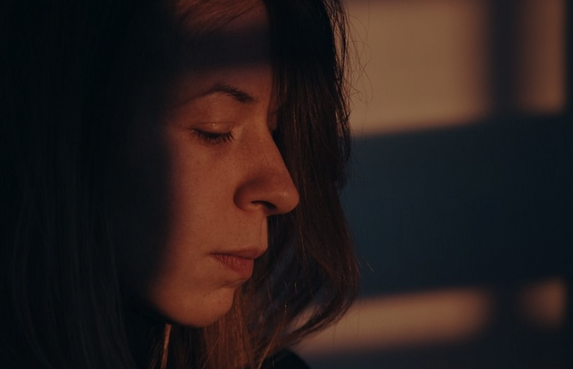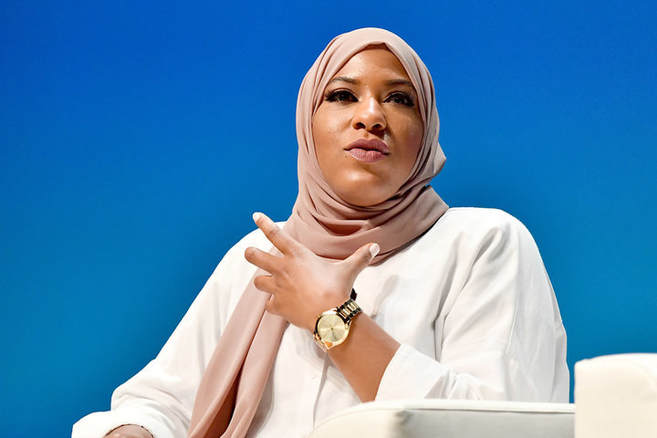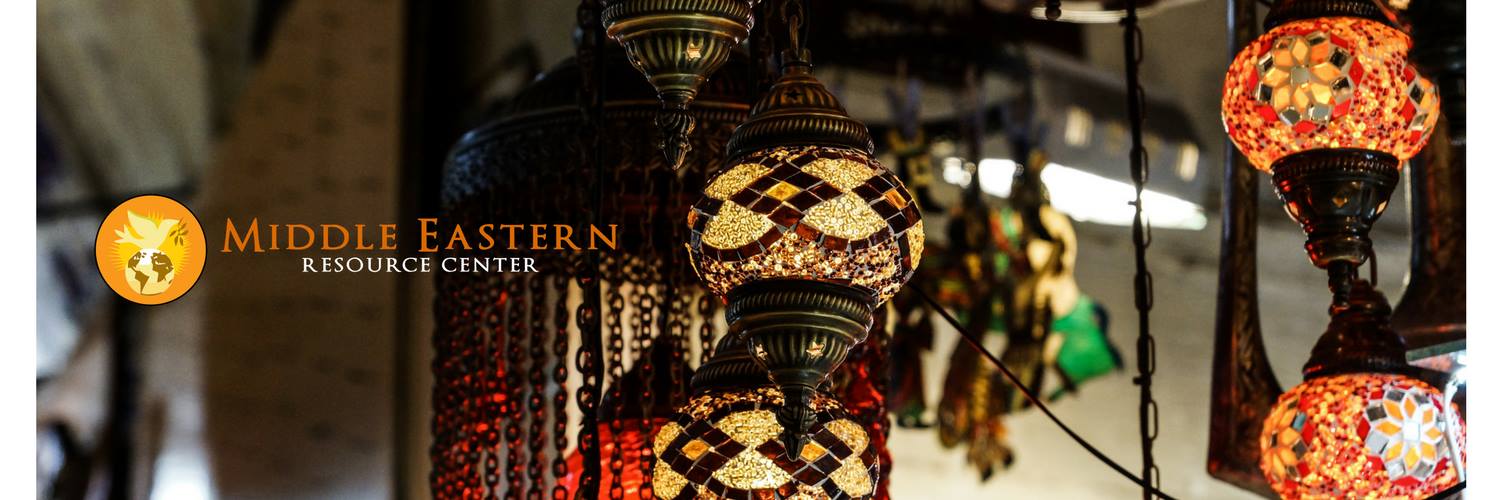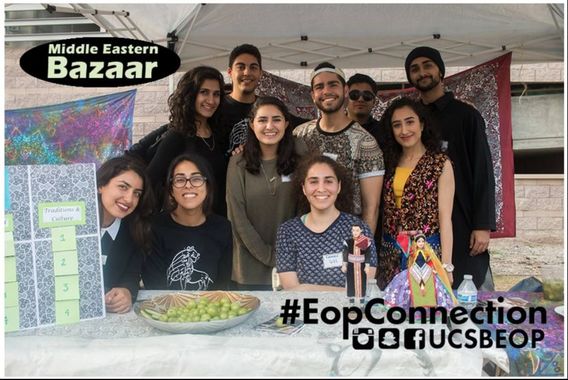Mental Health & Middle Eastern Culture
The Middle East contains a variety of cultural groups that have different belief systems, faiths, and cultural norms. Although it will be impossible to capture all of these nuances in a single statement here, each group shares the values of commitment to family, community, and faith as important to identity. These can serve as protective factors to draw on for strength and support but these social groups may also perpetuate challenges in addressing mental health concerns. Below we summarize some of the norms around mental health that may cause challenges in some of these cultural groups.
What keeps Middle Eastern communities from being open to addressing mental health?
First, words for mental illness translate into concepts such as damaged, broken, crazy, dangerous, weak, or abnormal, thereby marginalizing those who struggle with mental health issues.
Second, within many Middle Eastern cultures, individual behaviors are perceived to be a reflection of the character of the whole family, not just the individual. Any behaviors that are deemed to be shameful might tarnish the social reputation of the family, and therefore individuals are taught to be silent about issues, such as mental health, and save face at all costs (e.g., “aberoo”) so as not to influence others perceptions of the family. In some cases, being identified as having mental health challenges has been the justification for not associating or having a relationship with the person who is struggling. Thus, those struggling with mental health challenges are more likely to keep quiet about and internalize their struggles, engage in self-blame, experience shame around their illness, and not seek treatment, thereby further isolating those who most need care and support.
Finally, the roots of mental health challenges are not well understood. Mental illness is commonly regarded as a result of supernatural causes (e.g., punishment from god for a previous sin, result of evil spirits) or weakness of the self or a person’s faith. It follows then that the belief is that prayer should alleviate suffering, leading many to seek support through religious institutions rather than mental health treatment providers. Those that do seek therapy or other treatment may be made to feel guilty or further ostracized for their failure to trust in God to heal them. Such shaming can further lead to the stigma around mental health and treatment.
There are real and significant struggles for students within Middle Eastern communities. These include familial pressures to achieve and obligations to give back to and take care of family, immigration and acculturation differences (e.g., parents hold onto traditional values while their children adopt new ones) that cause inter-generational conflict, pressures regarding morality and faith, significant social stigma about men around emotional expression and mental health issues, and inter-generational trauma due to racism, exclusion, and violence perpetuated against these communities, among other concerns.
So how can we change the culture about mental health in Middle Eastern? Check out some of these videos and articles that can help to start the conversation to learn more!
Second, within many Middle Eastern cultures, individual behaviors are perceived to be a reflection of the character of the whole family, not just the individual. Any behaviors that are deemed to be shameful might tarnish the social reputation of the family, and therefore individuals are taught to be silent about issues, such as mental health, and save face at all costs (e.g., “aberoo”) so as not to influence others perceptions of the family. In some cases, being identified as having mental health challenges has been the justification for not associating or having a relationship with the person who is struggling. Thus, those struggling with mental health challenges are more likely to keep quiet about and internalize their struggles, engage in self-blame, experience shame around their illness, and not seek treatment, thereby further isolating those who most need care and support.
Finally, the roots of mental health challenges are not well understood. Mental illness is commonly regarded as a result of supernatural causes (e.g., punishment from god for a previous sin, result of evil spirits) or weakness of the self or a person’s faith. It follows then that the belief is that prayer should alleviate suffering, leading many to seek support through religious institutions rather than mental health treatment providers. Those that do seek therapy or other treatment may be made to feel guilty or further ostracized for their failure to trust in God to heal them. Such shaming can further lead to the stigma around mental health and treatment.
There are real and significant struggles for students within Middle Eastern communities. These include familial pressures to achieve and obligations to give back to and take care of family, immigration and acculturation differences (e.g., parents hold onto traditional values while their children adopt new ones) that cause inter-generational conflict, pressures regarding morality and faith, significant social stigma about men around emotional expression and mental health issues, and inter-generational trauma due to racism, exclusion, and violence perpetuated against these communities, among other concerns.
So how can we change the culture about mental health in Middle Eastern? Check out some of these videos and articles that can help to start the conversation to learn more!
What's one of the best ways to build strength & resilience? Get connected!
Check out these culturally-based orgs on campus that can provide community and social support.
|
The Middle Eastern Resource Center (MERC) promotes the cultural awareness and academic success of students of Middle Eastern heritage. It fosters dialogue, cross-cultural learning, and interaction amongst the diverse ethnic groups within the Middle Eastern communities and the campus-at-large.
Here are some of the orgs associated with MERC:
|
Proudly powered by Weebly







